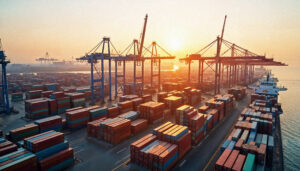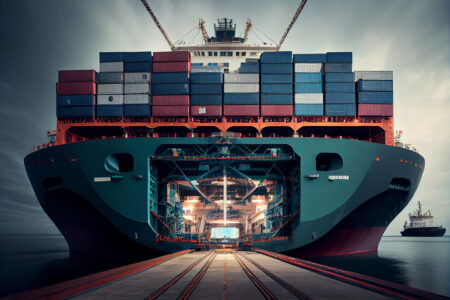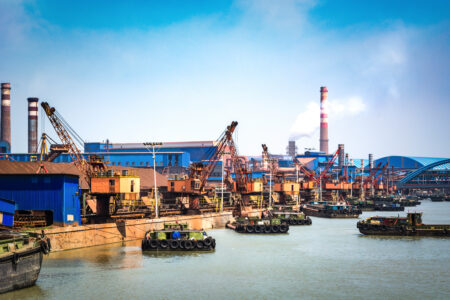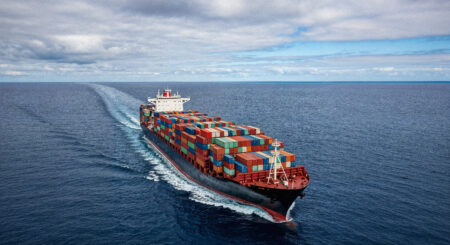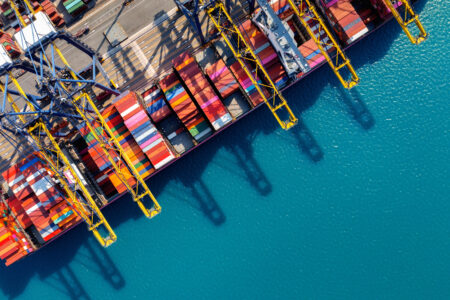Global shipping leaders rally for the IMO Net Zero Framework, calling it a turning point for maritime decarbonisation.
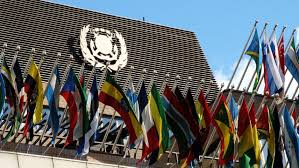
In a decisive moment for maritime climate action, the global shipping industry has reaffirmed its full support for the adoption of the Net Zero Framework (NZF) at the upcoming extraordinary session of the International Maritime Organization (IMO) Marine Environment Protection Committee, scheduled from 14 to 17 October in London.
The NZF is designed to steer the shipping industry toward net-zero greenhouse gas emissions by or close to 2050, using global carbon pricing and fuel standards, while ensuring a level playing field across international trade. Industry leaders stress that without such a unified framework, shipping faces a “patchwork of regional regulations” that could fragment global decarbonisation efforts and raise costs without meaningful climate benefits.
Seven major shipowner associations from Japan, Norway, Denmark, the UK, Belgium, the Netherlands, and Singapore have issued a rare joint appeal to governments, urging them to “make history” by backing the NZF. “Only global rules can decarbonise a global industry,” their statement said.
If adopted, the NZF will introduce:
- A global carbon levy and fuel standard to drive the green transition
- A Net Zero Fund to incentivise compliance and finance clean maritime infrastructure
- A globally enforceable regime to harmonise decarbonisation efforts
The stakes are high. Shipping currently moves 90% of global trade, making it a critical player in the energy transition.
Yet, deep divisions remain. Opposition has consolidated around powerful stakeholders, including shipowners linked to John Fredriksen, major Greek shipping groups, classification societies, and the United States government. These groups have raised concerns over the framework’s fairness and impact on competitiveness.
Major tanker operators such as Dynacom, GasLog, Seapeak, and Stolt Tankers are calling for “critical amendments,” arguing that the NZF “does not deliver on its stated aim of fair and effective decarbonisation.” Greek Shipping Minister Vassilis Kikilias also pushed for “substantive changes” during discussions with IMO Secretary-General Arsenio Dominguez.
Despite the pushback, Dominguez expressed optimism: “I am confident the framework will be adopted. We have a long history of overcoming divisions through cooperation.”
The IMO typically works by consensus, but this time a formal vote appears inevitable. Approval would require support from two-thirds of the 176 MARPOL Annex VI signatories, at least 108 member states.
Backing from the Getting to Zero Coalition, representing over 180 companies, has further intensified pressure. “Delays threaten billions in clean shipping investments,” the coalition warned.
Meanwhile, the US has issued strong warnings to countries backing the NZF, threatening trade and diplomatic repercussions, including tariffs, port charges, and visa restrictions. Analysts suggest the outcome may hinge on undecided nations in Southeast Asia, the Middle East, and Latin America.
As the world watches, next week’s vote is being described as a make-or-break moment for global shipping. A ‘yes’ vote could set a unified course toward maritime decarbonisation. A ‘no’ could leave the sector fragmented and the climate battle adrift.
SOURCE: ICS


